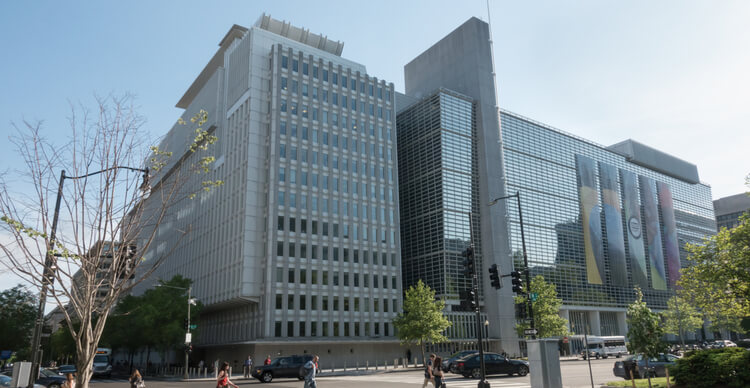
The bank’s refusal to offer technical assistance has been pegged down on issues of environment and transparency.
The World Bank has rejected a request from the El Salvadoran government for help on its Bitcoin programme.
The Bretton Woods institution revealed this on Wednesday, suggesting that its refusal to assist the Central American nation’s Bitcoin implementation was due to associated environmental and transparency drawbacks, according to Reuters.
Yesterday, El Salvador’s Finance Minister Alejandro Zelaya announced that the country had asked for the World Bank’s technical assistance as it looks to forge ahead with its implementation of bitcoin as a legal tender.
But the bank says it cannot provide such assistance, even though it remains “committed” in its efforts to help El Salvador in matters such as the transparency and regulation of its currency system.
“While the government did approach us for assistance on bitcoin, this is not something the World Bank can support given the environmental and transparency shortcomings,” the global lender said in a statement.
The Salvadoran government had also reportedly approached the Central American Bank for Economic Integration (CABEI) for similar technical assistance.
In a statement given by its Executive President Dante Mossi, the bank said it “will select subject matter experts to advise on the implementation of this innovative reform, including risk assessment and proper regulation.”
The World Bank’s response comes as El Salvador continues to negotiate with the International Monetary Fund on a $1 billion deal aimed at helping the country’s budget plans up to 2023.
Notably, the IMF was critical of the Bitcoin law noting that “adoption of bitcoin as legal tender raises a number of macroeconomic, financial and legal issues that require very careful analysis.”
IMF Director of Communications Gerry Rice also noted during the press briefing that cryptocurrencies “can pose significant risks.” According to him, there is a need for effective regulatory measures targeted at crypto assets.
Yet, and despite these concerns, Zelaya has pointed out that the Washington DC-based monetary institution is “not against” San Salvador’s bitcoin program.

